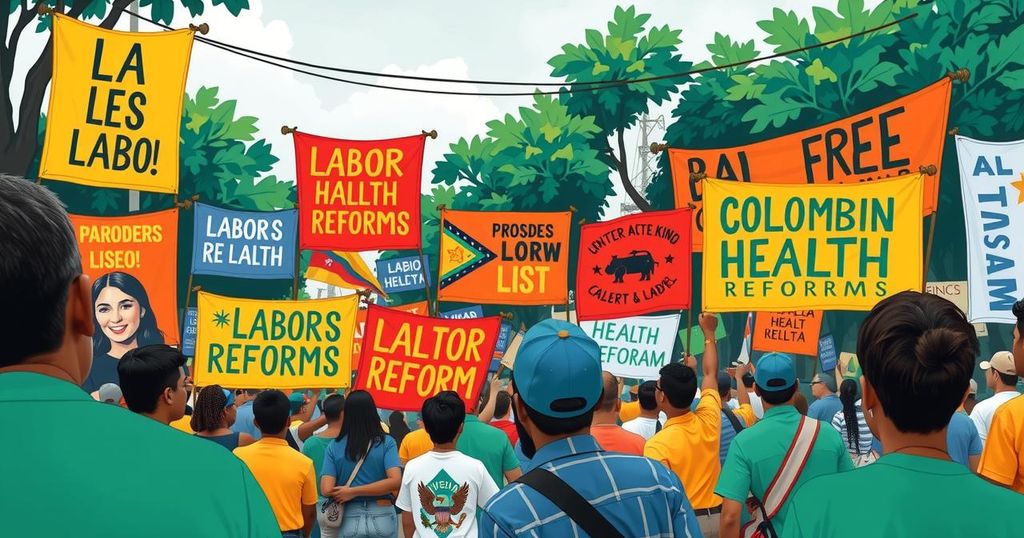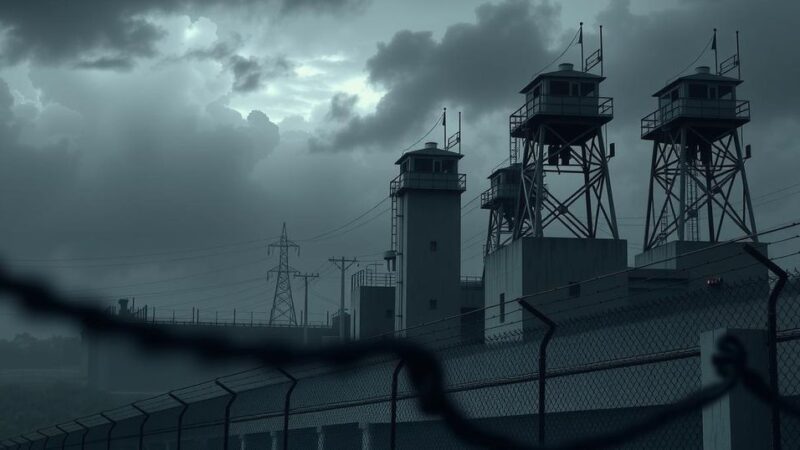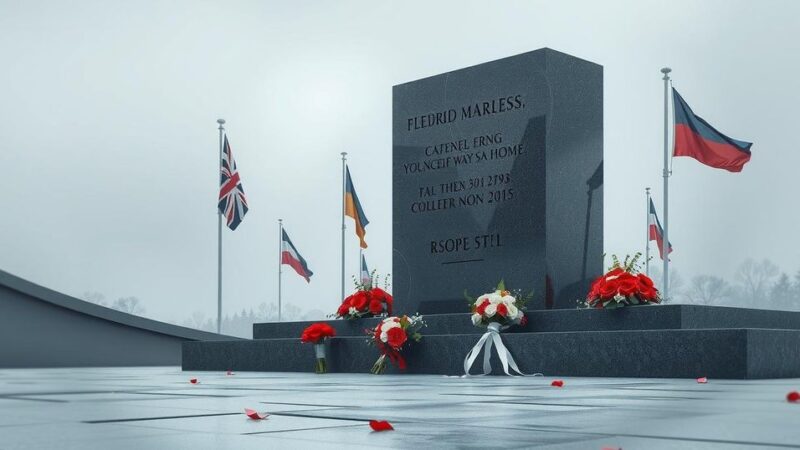President Gustavo Petro of Colombia has called for a special election to advance his proposed health and labor reforms. At a rally, he criticized unwilling congress members and encouraged public participation. The upcoming election faces hurdles regarding voter turnout amid skepticism over the reforms’ impact on employment.
In Bogotá, President Gustavo Petro called upon his supporters to rebel against centrist and right-wing politicians hindering vital reforms in health and labor laws. This rally takes place ahead of upcoming congressional and presidential elections. He criticized opposition members, claiming they prioritize greed over the welfare of the people, saying, “The people have made lots of sacrifices to be governed now by monarchs and tyrants.”
Petro, Venezuela’s first leftist president, has faced challenges in passing legislation due to his party, the Historical Pact, holding only a fifth of the Senate seats. To bolster support for a special election on these reforms, he granted government workers the day off to participate in related protests. Thousands attended a rally in Bolívar Square, where Petro urged attendees to “punish” corrupt congress members.
The proposed special election, or popular consultation, requires Senate approval and mandates participation from one third of registered voters for its results to take effect. Political analysts believe that motivating sufficient voter turnout will be challenging, given that Petro secured 11.2 million votes in his previous election. However, some argue this election could energize his base ahead of the congressional elections in March.
Political analyst Sergio Guzman suggested the government is attempting to deflect blame for its inability to reach consensus in Congress, using proposed reforms as justification for potential reelection. Petro’s agenda includes transforming the health system by removing private insurance intermediaries and establishing a government agency to manage social security funds.
Despite Petro’s claims of mishandling by insurance companies, opposition legislators have repeatedly rejected his health reform, fearing an overextension of government authority. Moreover, he has sought to enhance labor conditions by increasing pay for night workers and limiting short-term contracts, yet his labor reform was dismissed in a crucial committee vote. Critics warn that such measures could lead to higher unemployment alongside creating challenges in hiring informal workers, a demographic that exceeds 55% of the Colombian workforce.
In conclusion, President Gustavo Petro’s call for a special election underscores his administration’s struggle against legislative opposition regarding labor and health reforms. While he seeks to mobilize popular support for these changes, challenges remain in convincing the electorate to participate in the upcoming elections. Observers are cautious about the potential impacts of his proposals, particularly regarding employment and the informal economy.
Original Source: www.washingtonpost.com






